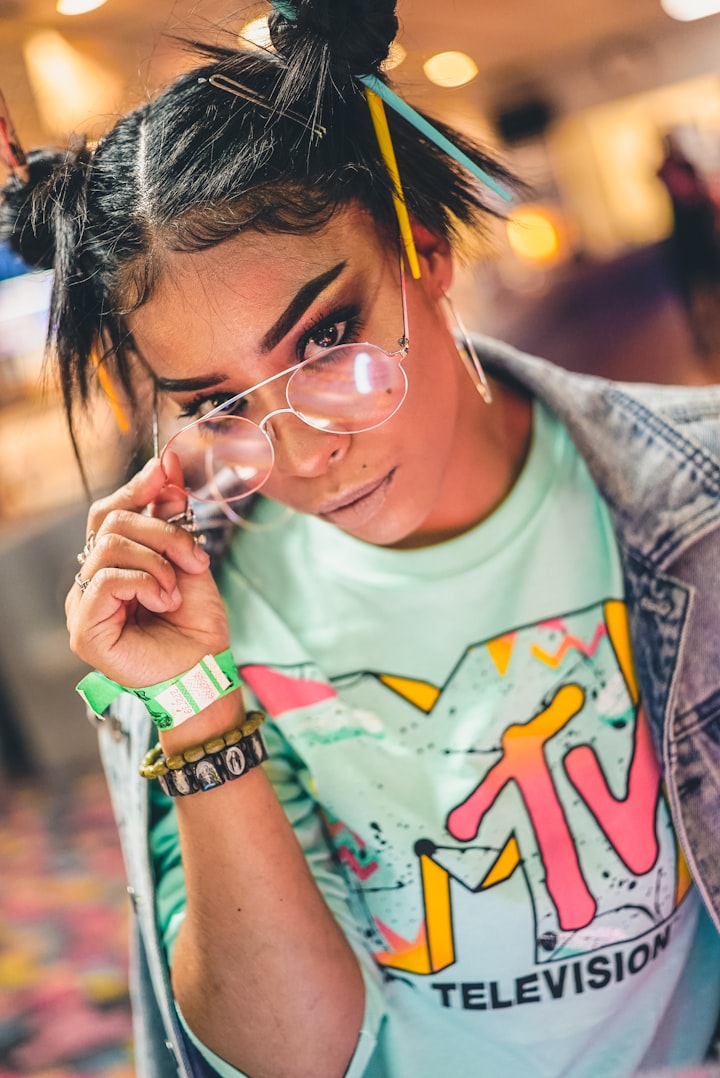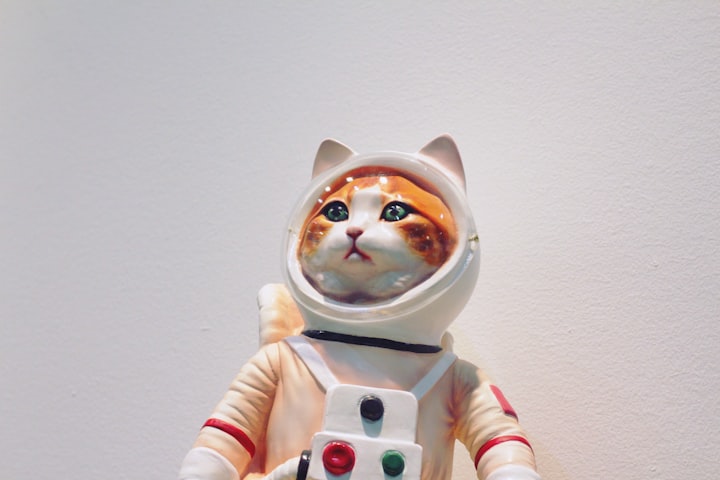Pop Culture: A Trojan Horse for Social Revolution?
Unmasking the Power of Pop Culture in Shaping Social Norms.

Let's set the stage with a quick comical thought; imagine feeling a burning desire to contribute to societal change, buckling down to prepare a presentation about human rights, climate change, gender equity or whichever world-shaking topic pokes your conscience. But then, you find yourself in the midst of a pop culture infested room full of Kardashians fans, Avengers enthusiasts, or Spotify warriors whose discussing topics range from the profundity of Ariana Grande's high ponytail to the transcendence of Wakanda Kingdom. Suddenly, your well-crafted PowerPoint slides on carbon footprints seem as thrilling as a snail race broadcast.
Let's face facts for a moment: for most of us, pop culture is a flipping good time—a joyous escape from reality into the shiny glitz of Hollywood or the eargasmic echo of Billboard hit. Okay, perhaps I exaggerated slightly there, but it indeed captures our attention way easier than the geopolitical conflicts in the Middle East. Now, what if that caped superhero unknowingly pushing for gender equity? Or that trending Pop Star hinting at mental health through her art? Enter the uncharted arena where pop culture becomes a powerful lever for social transformation.
At a Glance
The Pop Culture Phenomenon
Before we engage warp drive, let's define our enterprise. So, buckle up Chucky, what is pop culture anyway? In essence, pop culture refers to the prevailing trends or customs in music, fashion, cinema, or literature that permeate the general populace. It's the glorified embodiment of collective consciousness, dictating what's cool, trending, and socially acceptable. It's our celebrated Kardashians’ quirky lifestyles and hilarious Twitter wars; it's the enthusiastic throngs humming the latest Bieber track. It's your cherished Mandalorian Baby Yoda memes that flood your social media. And most satisfyingly, it's you and I, or anyone around us who enjoy, participate in, or promote these trends.
The Subtle Taste of Pop-Culture in Social Issues
The sneaky wizardry here is the manner in which these pop culture staples unconsciously reflect, question, and challenge our societal norms. Our valued celebrities, for instance, leverage their far-reaching influence to shed light on human rights, climate action, or LGBTQ+ issues. Films like Marvel's 'Black Panther' philosophically unravel racial inequality and promote Afrofuturism, while music artists like Billie Eilish subtly discuss mental health issues through her surrealistic tunes. It's like biting into a juicy burger, only to discover that it was actually a plant-based patty advancing the vegan cause. Sneaky, right?
Reshaping Society Through Pop Culture
Now for the burning question, how does pop culture reshape society exactly? Remember this term: cultural diffusion. As when Pikachu enthralls kids worldwide with his cuteness, or when lofty fashion reigns vice-like over our style choices, they work as catalysts of universal thought change. They ease us into embracing new norms, creating ripples over the proverbial societal pond. This diffusion recombines and changes the cultural fabric, incrementally inching us towards a more inclusive society.
Critics, Catalytic Change, and Conclusion
Of course, the doubting Thomases will highlight the flip side: the systemic brainwashing through meaningless content, the fostering shallow celebrity obsession, or the rampant commercialization that masquerades as social advocacy.
Despite these criticisms, there is no denying that pop culture does carry the potential to influence our beliefs, values, and attitudes on a broad scale. Even if it merely introduces us to various viewpoints or gathers dialogues around pressing issues, it empowers us to comprehend, discuss, debate, and ultimately instigate change.
In conclusion, whether we perceive pop culture as a sinister force shaping dogmatic norms or endorsing progressive viewpoints, it indisputably serves as a powerful tool to alter societal perceptions, rendering it a potential instrument for social change. Maybe the snail race is not as boring as we think when each pop culture-infused spicy meme or trending track could be a slow poke towards a more enlightened society.
About the Creator
Aymeric Delaplace
💬 Hello, I'm Aymeric 📱. 👋 I write about apps, software and businesses for kids for publications like TechCrunch 🌟. 🤔Have a question? DM me on Twitter or e-mail my email address. 👈❤️






Comments
There are no comments for this story
Be the first to respond and start the conversation.